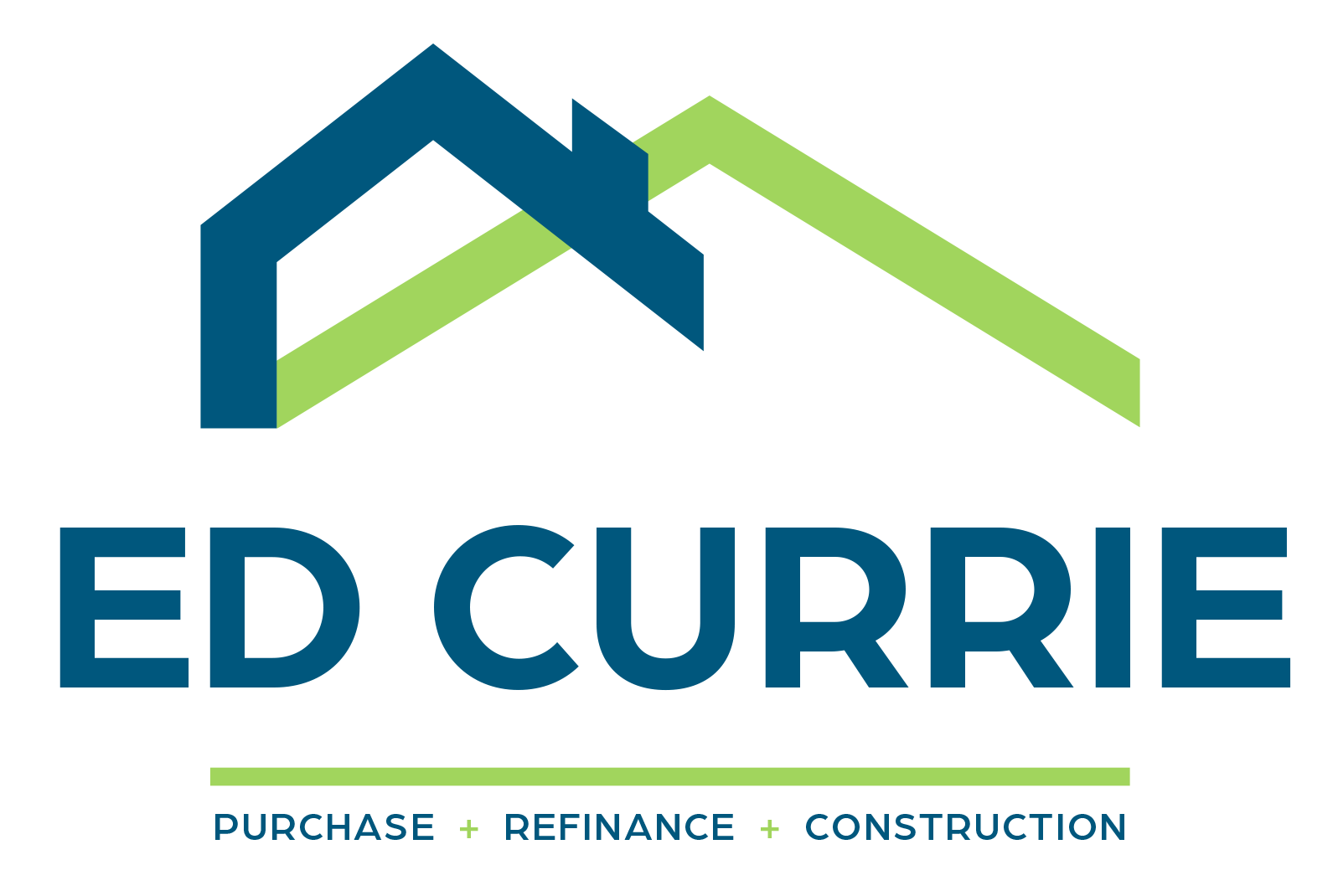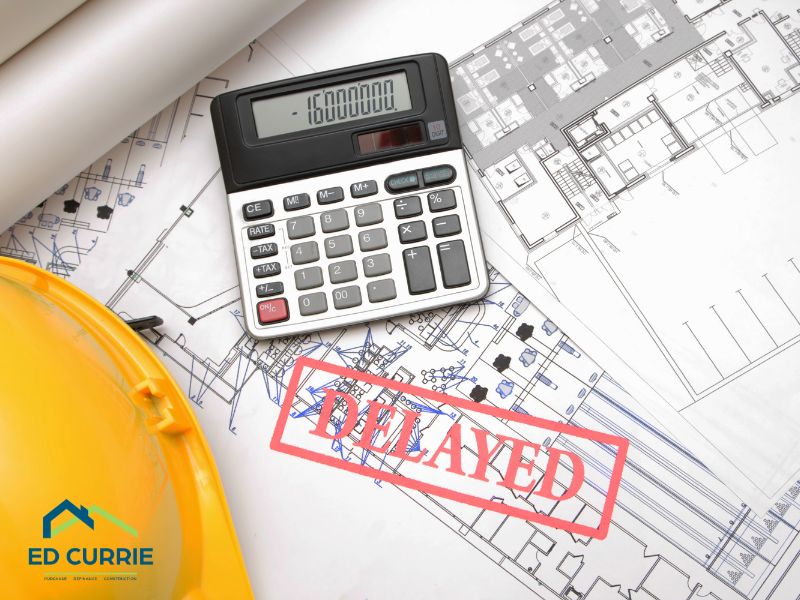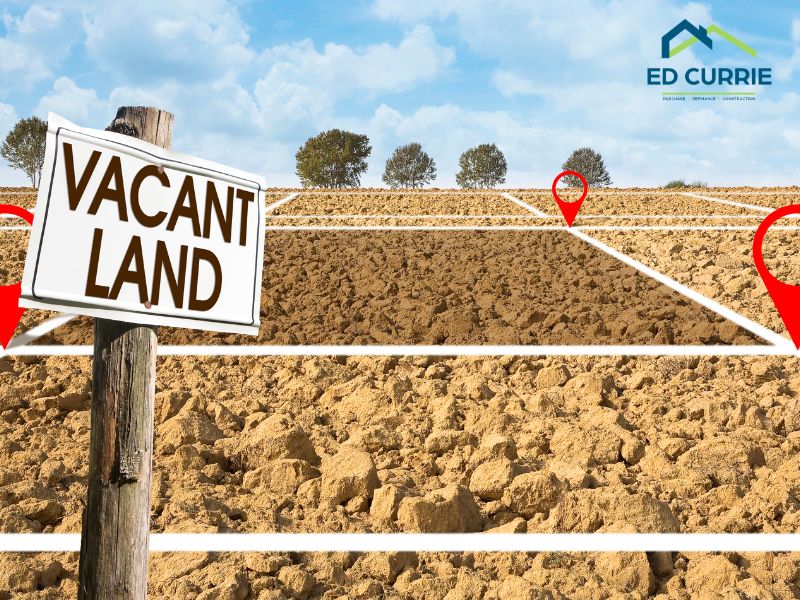 When considering building your dream home from the ground up, understanding the ins and outs of construction loans is crucial. These loans can be more challenging to secure than traditional mortgages due to various factors, including credit scores, the difficulties involved, and income verification requirements.
When considering building your dream home from the ground up, understanding the ins and outs of construction loans is crucial. These loans can be more challenging to secure than traditional mortgages due to various factors, including credit scores, the difficulties involved, and income verification requirements.
What is the Lowest Credit Score for a Construction Loan?
Construction loans typically require a higher credit score compared to traditional mortgages. While the minimum score can vary depending on the lender, a common threshold is around 620. However, many lenders prefer a score of 680 or even higher. This higher requirement is due to the increased risk associated with construction loans, as the property isn’t yet built and thus doesn’t serve as collateral in the same way an existing home would.
Why Are Construction Loans Hard to Get?
- Higher Risk: Construction loans are considered riskier than standard home loans because the house is not yet built. If something goes wrong during construction, the lender faces significant risk since there isn’t an existing property to sell off to recover the loan amount.
- Complex Approval Process: Securing a construction loan involves a more intricate process. Lenders require detailed construction plans, budgets, and timelines to ensure the project is viable and that the borrower can manage it effectively.
- Stricter Financial Requirements: Lenders usually require a higher credit score, a low debt-to-income ratio, and a substantial down payment, often around 20-25%. They also closely examine the borrower’s financial stability and history with construction projects.
- Increased Monitoring: The lender will monitor the construction project closely, with periodic inspections and staged disbursements of funds (draws) based on the completion of specific milestones. This ensures the project stays on track but adds an extra layer of scrutiny and complexity.
- Economic Factors: Market conditions can affect the availability and terms of construction loans. During economic downturns, lenders might tighten their lending criteria due to increased risk and uncertainty.
- Contractor and Project Risks: Lenders also assess the builder’s or contractor’s reputation, experience, and financial stability. Any issues with the contractor or delays in the project can increase risks, making lenders more cautious.
Can You Get a Construction Loan with Non-Traditional Income?
Yes, it is possible to secure a construction loan with a non-traditional income, but it can be more challenging. Non-traditional income includes sources such as self-employment earnings, rental income, or freelance work. To improve your chances, you should:
- Provide Detailed Documentation: Lenders will require thorough documentation of your non-traditional income. This might include tax returns, bank statements, and profit and loss statements.
- Demonstrate Stability: Show a consistent history of your non-traditional income sources over several years to prove that your income is reliable.
- Higher Down Payment: Offering a larger down payment can offset some of the lender’s risk.
- Improve Your Credit Score: A higher credit score can help mitigate the perceived risk associated with non-traditional income.
Securing a construction loan can be a complex process, but with the right preparation and understanding, you can navigate these challenges and take a significant step toward building your dream home.




![EdCurrie_Logo White[Transparent] EdCurrie_Logo White[Transparent]](https://edcurrie.com/wp-content/uploads/elementor/thumbs/EdCurrie_Logo-WhiteTransparent-qybu3sjgpfhje9098uitv7fpt7os2hgn52gfy6ocx4.png)